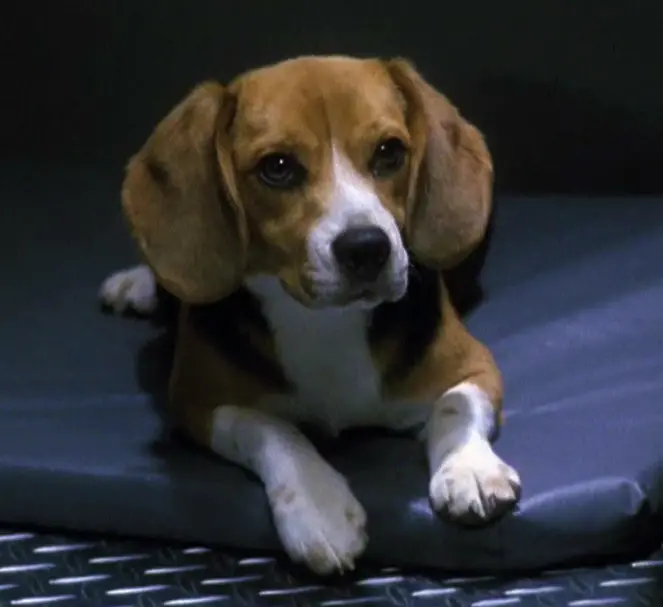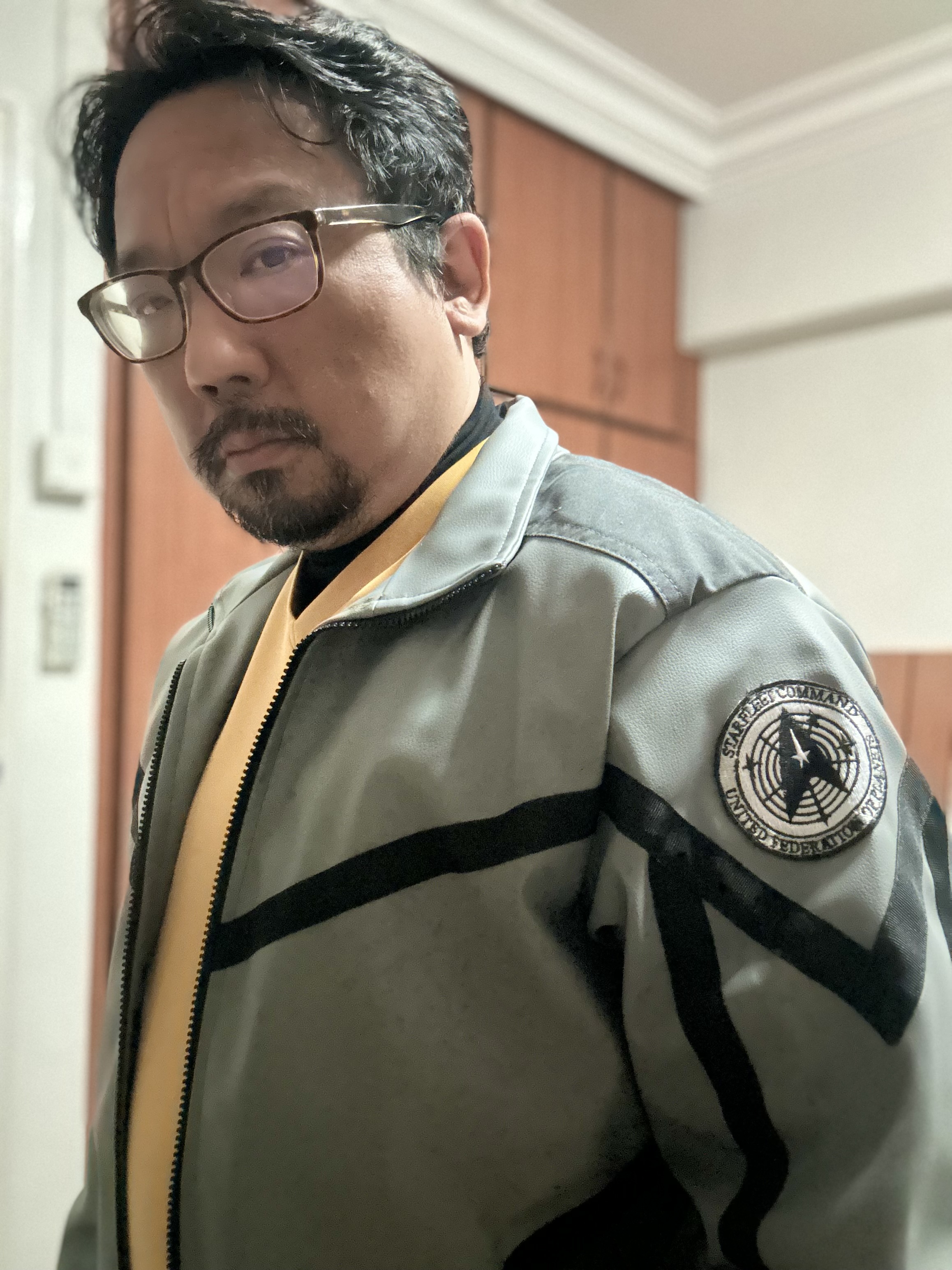In my TNG season 1 rewatch, I finally got to the season finale, “The Neutral Zone.” Though best known for Picard’s utopian declarations to the cryogenically frozen people from the 90s about the post-scarcity future, it also centers on a tense confrontation with the Romulans. I noticed many parallels with the setup of the Discovery premier, “The Vulcan Hello” In both, our heroes confront a foe that has not been heard from in many years – the Klingons for Discovery and the Romulans for “Neutral Zone.” In both, they are befuddled by a cloaking device. And in both, there is a dispute about how to respond to the situation – Burnham and Worf both insist that they must fire first or risk annihilation, and both are drawing on the experience of their parents being killed by the respective species. And I suspect that this parallel is intentional on the part of the writers, because of the crucial difference – Worf is 100% wrong about the need to fire first, while the verdict is much more ambiguous for Burnhan. She agrees that she was wrong to attempt mutiny, but was she wrong to try a preemptive attack under the circumstances? We never know for sure, and even she never directly repents of her desire to strike first. By creating a parallel with a well-known TNG episode and then inserting a crucial difference, the writers are sending the signal that we are definitely not in the utopian TNG era.
But what do you think?
In the case of “The Vulcan Hello”, I don’t think it would have made much of a difference either way.
What Burnham didn’t know was that T’Kuvma was there to start a war, and probably would have achieved that outcome regardless of the Shenzhou’s actions.
Yes, I agree. I wish the writers had made it a bit more clear that Burnham was being scapegoated for “starting” a war the Klingons wanted no matter what.
The one open question, I think, is whether the other Houses would have united against the Federation had the encounter gone down differently. I’m not sure what the answer is on that one.
Yeah I think Burnham being aggressive there if anything probably ended up saving lives, but that is easy to forget in retrospect because we basically just see those events commented on later in the series by the way rando starfleet people ostracize her because they have been told a story that uses her as a scapegoat.
The thing is that when Sarek is about to tell her how Vulcans achieved diplomatic relations with the Klingons, he makes it very clear that it was a special case.
SAREK: Be very careful that your assumptions are not being driven by your past.
BURNHAM: This isn’t about what happened, Sarek. It’s what’s happening now. How did the Vulcans achieve diplomatic relations with the Klingons?
SAREK: That is a solution particular to us. One cannot assume it would work on a ship commanded by humans.
BURNHAM: Sarek, please.
SAREK: I caution you, be considered with how you use this information. You cannot save lives that have already been lost.
It is telling that we never hear Sarek tell Burnham what happened. Burnham relays the story about H’Atoria to Georgiou, but how much of it is filtered through her own biases is unclear.
BURNHAM: 240 years ago, near H’Atoria, a Vulcan ship crossed into Klingon space. The Klingons attacked immediately. They destroyed the vessel. Vulcans don’t make the same mistake twice. From then on, until formal relations were established, whenever the Vulcans crossed paths with Klingons, the Vulcans fired first. They said hello in a language the Klingons understood. Violence brought respect. Respect brought peace. Captain, we have to give the Klingons a Vulcan hello.
But Burnham isn’t being logical here - she’s ignoring a vital factor which Sarek had already pointed out to her:
BURNHAM: We’re facing off. No fire has been exchanged. But they didn’t turn on their beacon until Starfleet was on its way to our position. I think they’re summoning more of their kind.
SAREK: An odd proposition given that their Empire has been in disarray for generations. But you are describing something out of the ordinary. Restraint in the face of conflict. When a civilisation acts in opposition to its instincts, it may be under the influence of something, or someone, new. Great unifiers are few and far between, but they do come. Often such leaders will need a profound cause for their followers to rally around.
BURNHAM: A war.
Burnham knew. She is brought to the same conclusion that Sarek has come to, that whoever is in charge might want a war.
And yet she insists on shooting first, in opposition to Sarek telling her the H’Atoria Incident and what followed was very different.
The initial contact between Klingons and Vulcans was a meeting of equals and based on a misunderstanding of relations with no larger agenda of war behind it. That is why the Vulcan Hello worked then. There’s no reason to think it might work in the same way now.
In this light, Burnham’s justification on firing first rings very hollow, and is likely more driven by the past trauma of her parents’ death. It wouldn’t have worked, and she was aware that there was a real possibility it wouldn’t work but took the risk anyway. That’s the legal definition of recklessness, and played right into T’Kuvma’s hands.
Inaction may not have prevented the war, but it would have made her less complicit in its beginnings.
It also occurs to me that Worf and Burnham were both raised on a foreign planet by foster parents of a different species and feel like outsiders or anomalies in Starfleet. The fact that this parallel exists with a Klingon would presumably make Burnham feel some kind of way, as the kids say.



